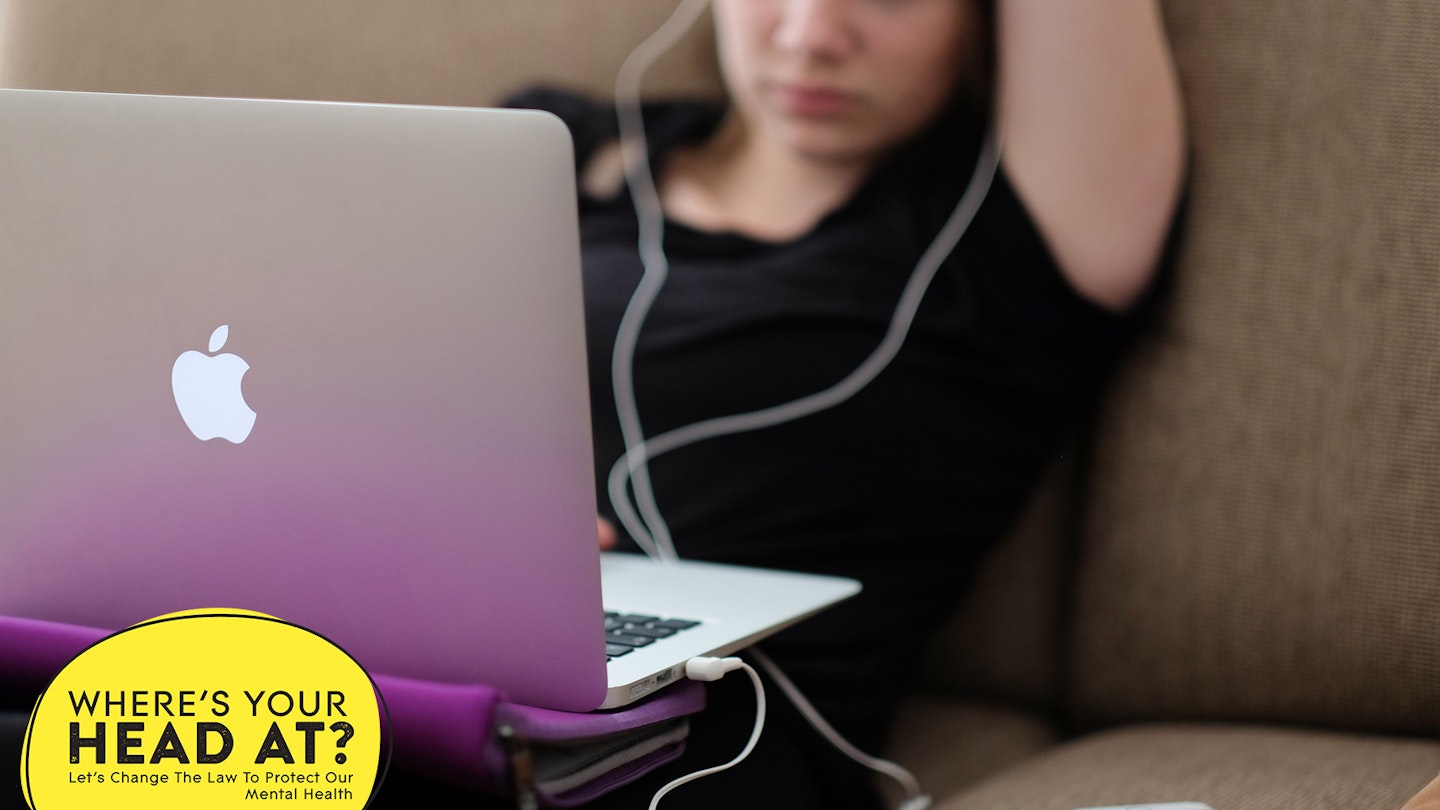It’s been drummed into us time and time again. If you want to fully immerse yourself in #selfcare, put your phone down, turn your notifications off, delete your social media apps. Since social media began to take over our lives, in that three billion of us use it for on average two hours every day, there’s been resistance. We’re not spending enough time in the ‘real’ world, we’re being brainwashed by filtered Instagram lives and we - in turn - are putting out a fake version of ourselves online. Now more than ever, in the wake of Facebook’s data leaks and Twitter’s privacy scandals, there has never been so much pressure to come off social media altogether.
One of the strongest factors in this debate, the one politicians continuously like the point the finger at (we’re looking at you, Jeremy Hunt), is that social media negatively impacts our mental health. There’s an abundance of strong arguments for this, and our use of social media is nothing if not flawed, however constantly treating it like the root of all evil isn't that helpful either.
Is social media really the one cause of the growing mental ill health epidemic in the UK? Not according to the research we conducted as part of Where's Your Head At - our new campaign to tackle mental health issues in the workplace alongside mental health campaigner Natasha Devon. In a survey of 1,565 people, only 16% blamed social media for having a negative impact on their mental health. In fact, the single biggest worry for 58% of respondents was money, followed closely by workload concerns.
The figures fall in line with polling released today by the Mental Health Foundation, which found that only 5% of people felt checking social media updates caused them stress, and only 12% were stressed due to having to reply to messages quickly. In comparison, one third of young people were stressed because of housing worries, and 34% by the prospect of unemployment.
What these figures show is that, despite the growing narrative that social media is the root cause of all our mental health concerns, the larger issues, those that are much more difficult to tackle, are actually more likely to be the cause. Just last week, Mind released figures showing that nearly 79% of people with mental health problems say a housing situation has made their problem worse, if not caused it.
Housing, employment and financial concerns are all integral to our lives, and in the current political and economic climate, they’re all in disarray. Whether it’s being part of generation rent, being one of millions of employees living under an inflexible work culture that doesn’t understand the importance of mental health, or having immense debt thanks to overpriced tuition fees, the issues that we have to face every single day are often the main cause of our anxieties, our depression and beyond. Yet, we continue to point the finger at social media.
And not only does it misplace blame, it also impacts the way we deal with mental health issues on a day to day basis. ‘I work with 15-21 year olds and they were all saying to me “for some reason every time I go to my teachers or parents and say I’m stressed and anxious and it’s about exams or worries about the future or bullying”, all these different things that are conspiring to make them feel anxious, the response quite often is “aw, it’s your iPhone isn’t it?”,’ says Devon, who tours schools and colleges throughout the UK, delivering talks as well as conducting research on mental health, body image, gender and social equality, ‘and they're like “no!” and “in fact a lot of the time a what social media is doing is plugging me into a community of likeminded people who understand how I feel”, so it’s a positive thing.’
This sentiment is echoed by Sally, 33, who works in HR. ‘I turn to social media for a bit of support, people floating ideas and resources they’ve used’, she says, ‘people you’ve never met can be more supportive and understand what you’re going through, whereas the one place you would expect that, I didn’t get it.’
That one place was her work, where she continued to be let down by her employer despite them being aware of her previous experiences with anxiety and depression. As a HR business partner, she was committed to ensuring mental health issues were dealt with well in the company, yet she never received the same kind of support personally from her own manager or wider team. As a result, she left her job.
Her experience is similar to Amaka, who resigned from her work only a few months ago, telling teammates on her final day ‘for my wellbeing, I need to leave this place.’ Her negative experiences at work began to impact her home life, and with a three-year-old son she decided it wasn’t worth her lashing out at home ‘I wanted him to see him mummy as a happy person rather than who I was’, she said.
For Amaka, it was a build-up of things that began to wear away at her, the fact she never received credit for the work she was doing, the fact she was given managerial responsibilities without the title, and that her male counterpart was getting paid a lot more for the same job.
It’s experiences like this that make many employees begin to dislike, if not resent, the place they spend eight hours a day, and the way in which this then impacts their home life. For someone with money worries, it only compounds all of these concerns into a larger problem, making them more likely to experience a mental health issue.
Both Sally and Amaka aren’t surprised by the findings of the survey, that social media isn’t a huge cause of concern for a lot of people suffering with mental ill health. For them, social media is something you can control, whereas your employment, your housing or your finances aren’t things you can ignore.
‘I’ve never laid awake at night worrying about social media,’ Sally continues, ‘whereas if I have to come somewhere day in day out and feel I’m not being supported, that’s what I would lie awake at night and think about.’
But do other people lie awake obsessing over social media? It’s certainly plausible for younger generations. After all, according to Sanctus, 62% of people feel pressure to appear perfect online. There are strong arguments around the way our Instagram can make us feel inadequate. The constant comparison with other people’s seemingly perfect lives, the bombardment of photo-shopped images making anyone who looks at them feel less physically beautiful.
However, as we age, we’re more aware of how false online images really are. And as Devon found when working with young people across the UK, the greater concerns impacting their mental wellbeing are the everyday issues, exams, bullying and worrying about their future.
So why do we continue to blame social media? For Devon, it’s an easy target to avoid dealing with the real problems. ‘It’s very easy for people like Jeremy Hunt to point the finger at social media and say “this is the reason we’ve got this mental health crisis”, because it absolves him and his government of responsibility’, she says, ‘and while social media is playing a role, I think the more important point that came out in the survey are things like academic stress, the prospect of not being able to get on the housing ladder and job insecurity, all things which are harder to solve from [the governments] point of view but the buck stops with them.’
According to Richard Grange from the Mental Health Foundation, this is finger pointing is a common occurrence. ‘There are certain issues that become whipping people for every generation,’ he says, ‘there used to be the exact same arguments about computer games and about people consuming television if you go back, now its social media. It’s a convenient thing for people to say “oh isn’t it terrible” when in reality is it’s much more complicated where there are good and bad things about [social media].’
For the Mental Health Foundation, it’s not about placing blame but ensuring that we’re dealing with mental health seriously across all aspects of our lives. This starts with ensuring that businesses take mental health as seriously as physical health. It’s something that we’re championing at Grazia, campaigning with Natasha to ensure all businesses have mental health first aiders as they do physical.
‘A mental health first aider is taught how to spot early signs that might indicate that somebody is struggling’, she says, ‘taught how to have a conversation where they can establish genuine connection and trust with that person and listen to them non-judgmentally and then your taught what’s appropriate to recommend in terms of further action and self-care’.
While it sounds like a lot of pressure to put on a staff member, Natasha insists that they’re not meant to be therapists, and in the same way that physical first aiders can’t save every life, a mental health first aider isn’t ‘going to spot everyone’. However, it’s this lack of pressure that means employers are much more likely to actually take up the practice.
‘I think it’s really important that employers understand that this isn’t about accountability, because if you’ve got a fire Marshall on sight it doesn’t meant that you’ll never have a fire or if you did have a fire that you would be sued,’ she continues, ‘it’s just about someone having the knowledge and the awareness so they can intervene.’
And if done in the right way, she is certain they will massively impact the way employees feel about mental health in the work place. Not only will there be someone who could potentially help someone catch a developing mental health issue earlier, they will break the silence that still exists around mental health at work.
Given that 90% of people still feel mental health is treated as a taboo, it’s becoming increasingly necessary that we take active steps to address mental health issues, at work and beyond. That starts with ensuring that we understand the real causes of our mental health crisis in the UK, in which 56% report experiencing mental health issues, not the 1 in 4 we’re led to believe.
Knowing the root cause, and ensuring the government is held to account for combating them is integral. We can no longer gloss over the big issues and berate social media platforms while allowing employers and politicians to ignore what’s really causing our stress. Instagram pressure is real, but the growing problems with our housing, finances and employment cannot go under the radar any longer.
Where’s Your Head At? is a campaign that will improve the mental health of the nation by ensuring employers look after the wellbeing of their workforce. We want to make it easy for you to talk about your mental health at work, by ensuring that there are trained colleagues on-site who know how to point you in the direction of any help you might need.
We need YOUR help to make it a legal requirement to have a trained mental health first aider in every workplace or college. Please sign our petition at wheresyourheadat.org and use the hashtag #WheresYourHeadAt to support the campaign
READ MORE: Natural anti-depressants...
Discover: Natural Anti Depressants
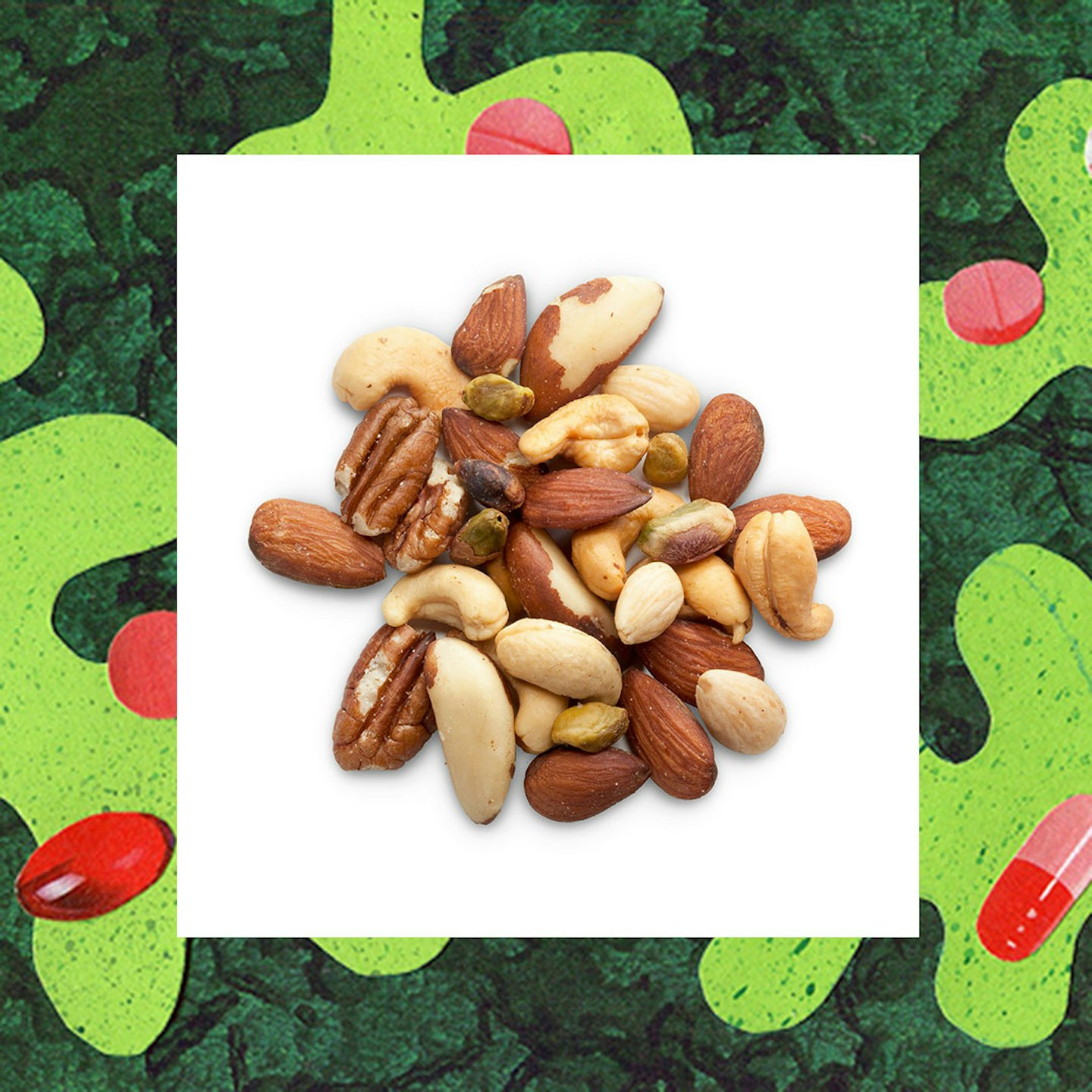 1 of 11
1 of 11Omega 3
Omega-3 fatty acids are essential minerals which reduce inflammation and are vital to brain functions such as mood and memory. Your body doesn't produce them naturally so you can only get them in you via food (like fish, nuts and seeds) or dietary supplements.
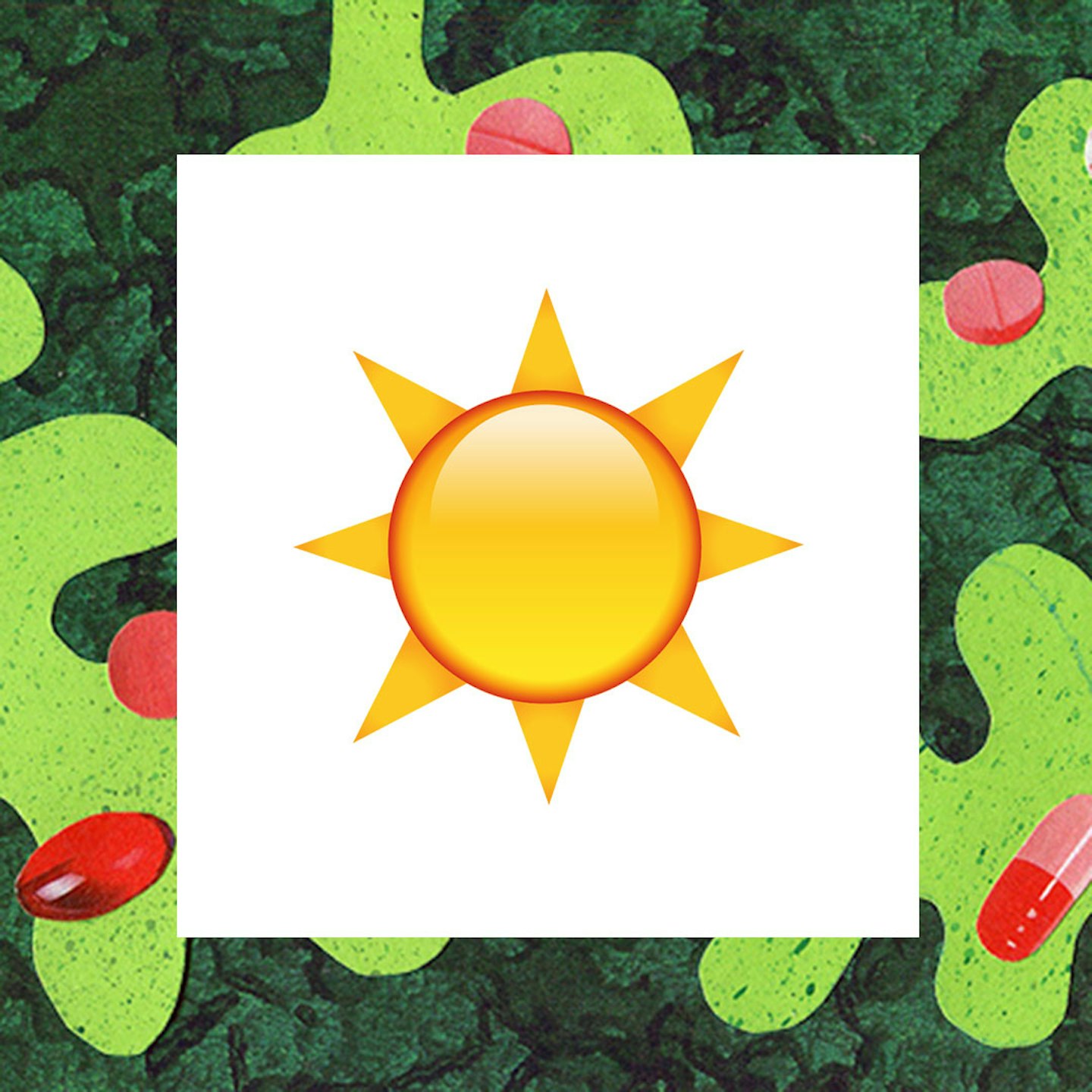 2 of 11
2 of 11Vitamin D
In addition to bone health, Vitamin D can play a vital role in the areas of the brain that are linked to the development of depression and other mental health problems.
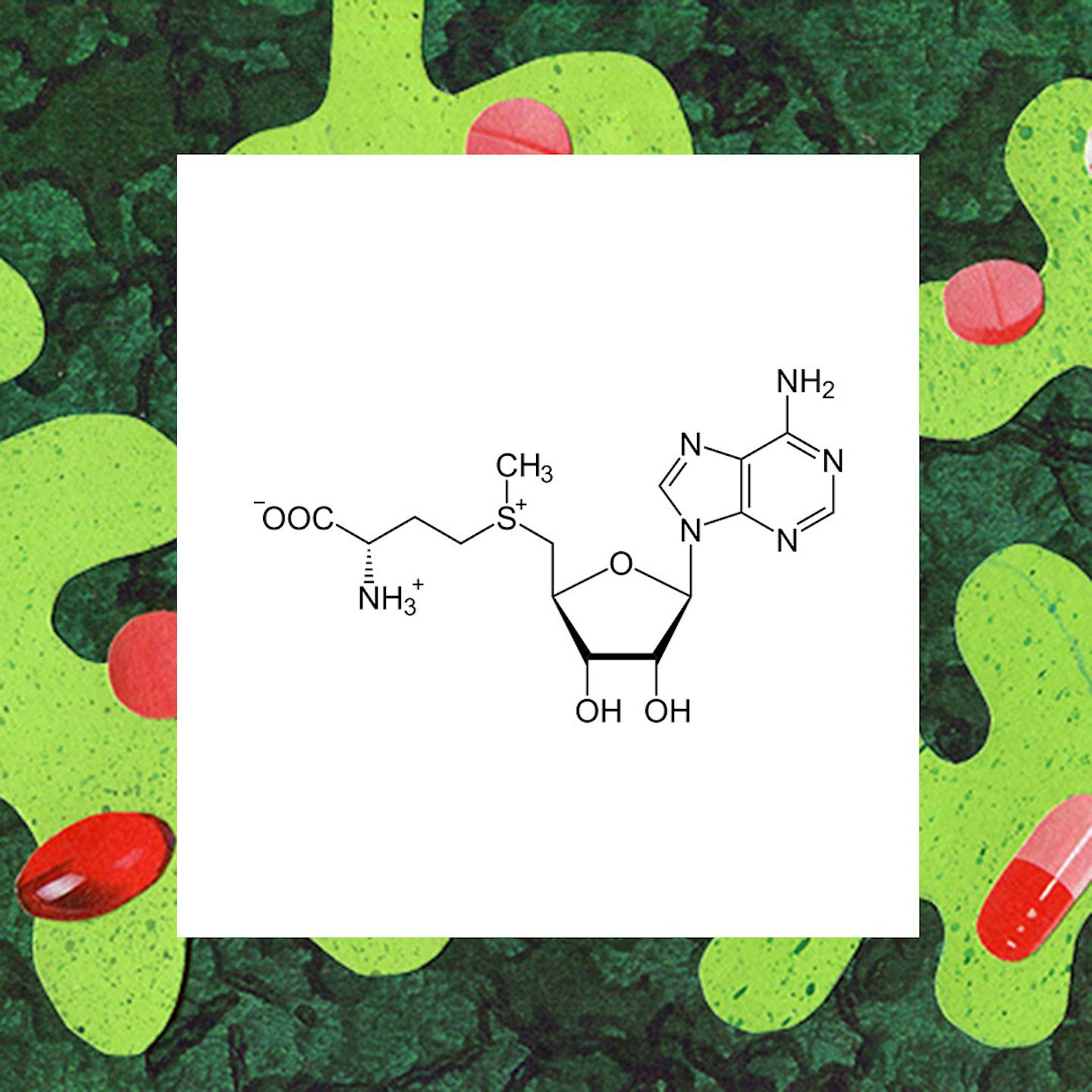 3 of 11
3 of 11S Adenosylemthionine
SAMeis a molecule that the body naturally forms and is available as a dietary supplement. In addition to depression and anxiety, it can be used for many other conditions including heart disease, fibromyalgia, tendonitis and many more. It is also recommended for PMS. It works by making sure that chemicals in the body that play a role in pain, depression, liver disease, and other conditions, actually do their job.
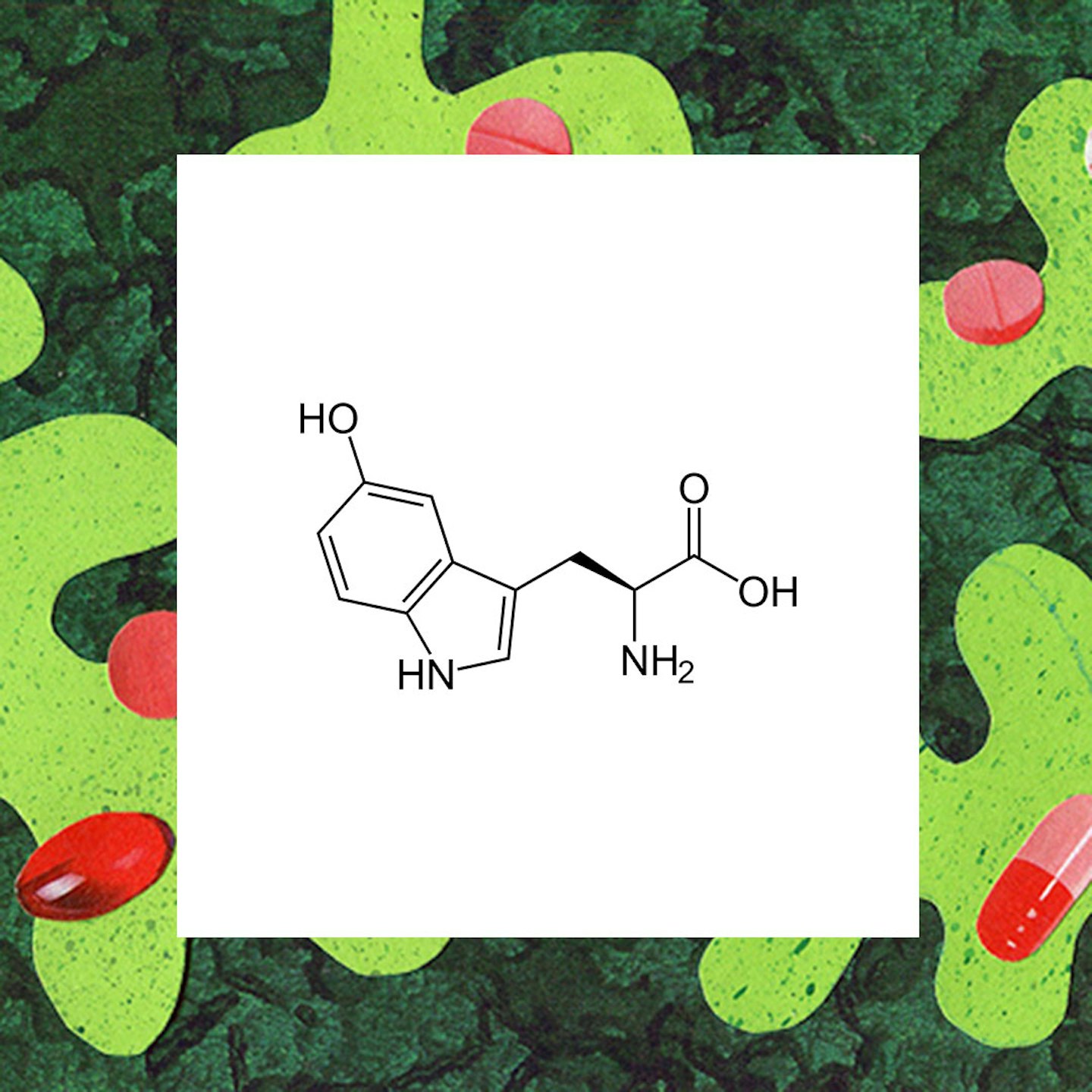 4 of 11
4 of 115-Hydroxytryptophan (5-HTP)
Like SAMe,5-HTP is also a chemical (an essential amino acid) that the body makes naturally. It works by helping to raise the serotonin (the happy hormone) levels in the brain. 5-HTP has been known to have a positive effect on sleep, mood, anxiety, appetite, and pain.
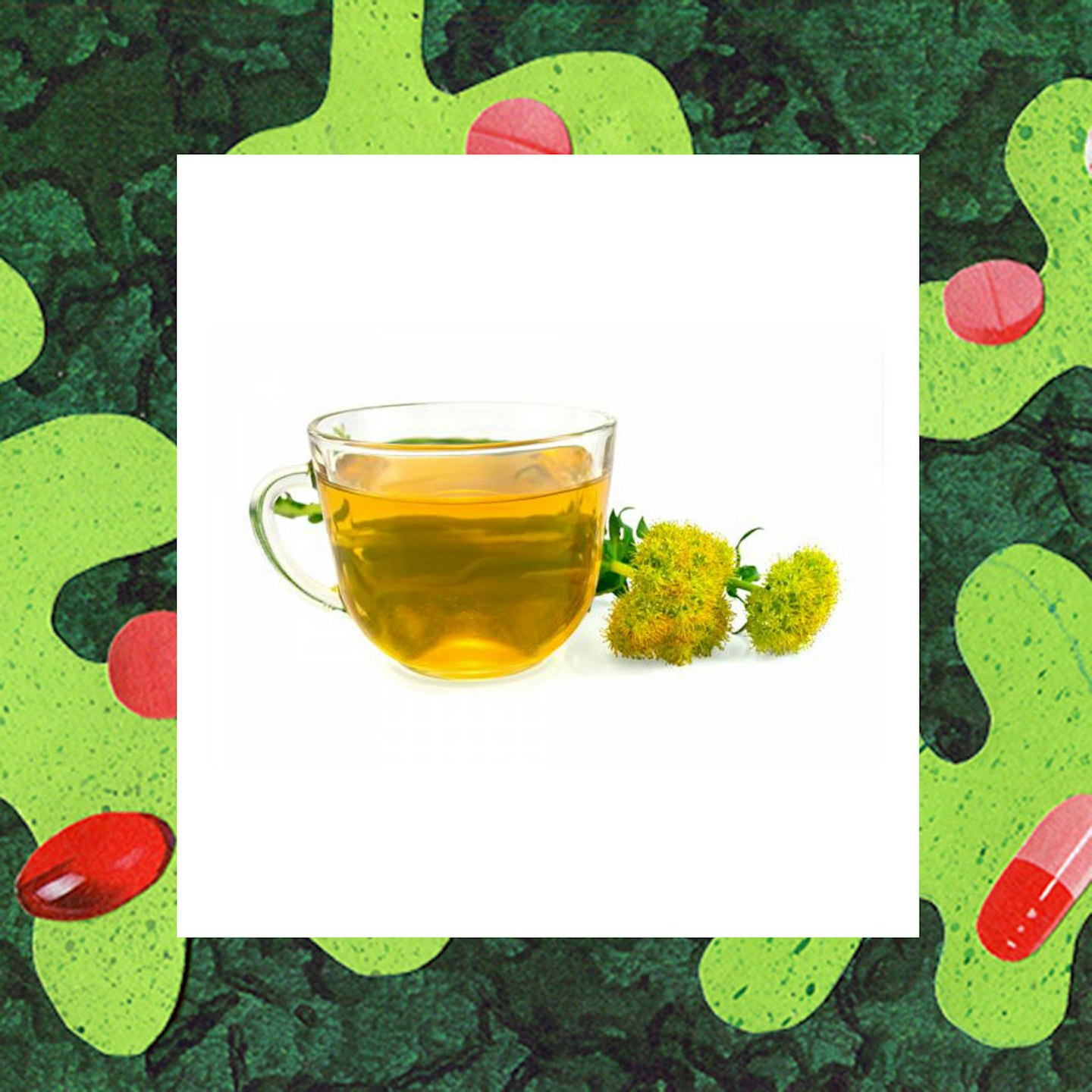 5 of 11
5 of 11Roseroot Herb
A study conducted on whether the Rhodiola Rosea (Roseroot) herb was effective for depression showed that it was almost as effective as the popular antidepressant, Sertraline (Zoloft), but with fewer side effects. The herb boasts strengthening the nervous system, fighting depression, enhancing the immune system and memory, elevating stamina, aiding in weight-loss and increasing sexual function.
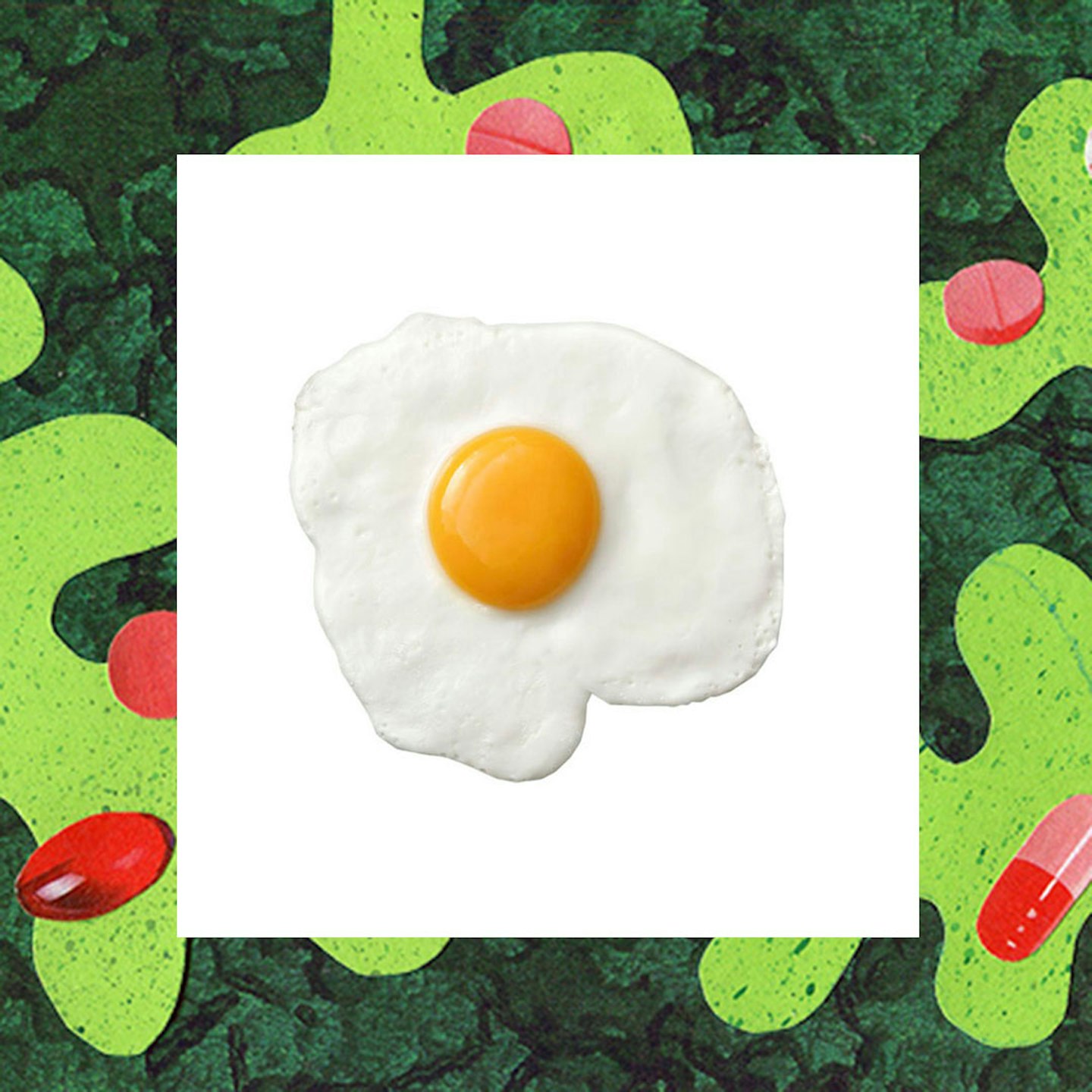 6 of 11
6 of 11Iron
A lot of adults, especially women, suffer from iron deficiency, and guess what? Iron deficiency symptoms are pretty similar to depression symptoms, i.e. fatigue, irritability, and foggy brain. The recommended daily iron allowance in adults is roughly 8 to 18 mg daily (check with your doctor though because everyone's number is different).
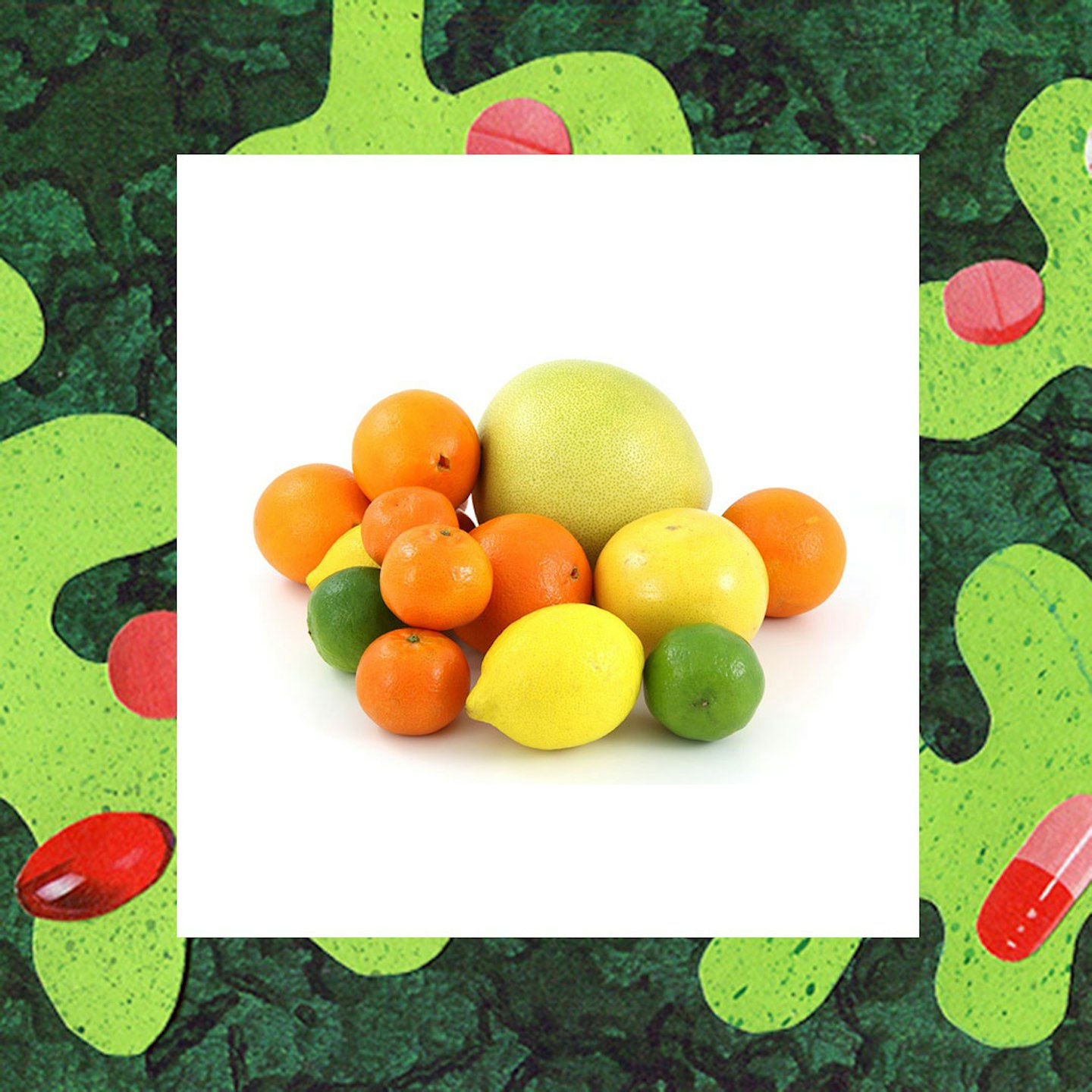 7 of 11
7 of 11Folate
If you don't have enough folate, antidepressants may not work. Some docs prescribe folate along with antidepressants to treat depression and improve the effectiveness the medication. Most adults need at least 0.4mg daily, which you can though food including dark leafy greens, beans and citrus fruit, or as a supplement.
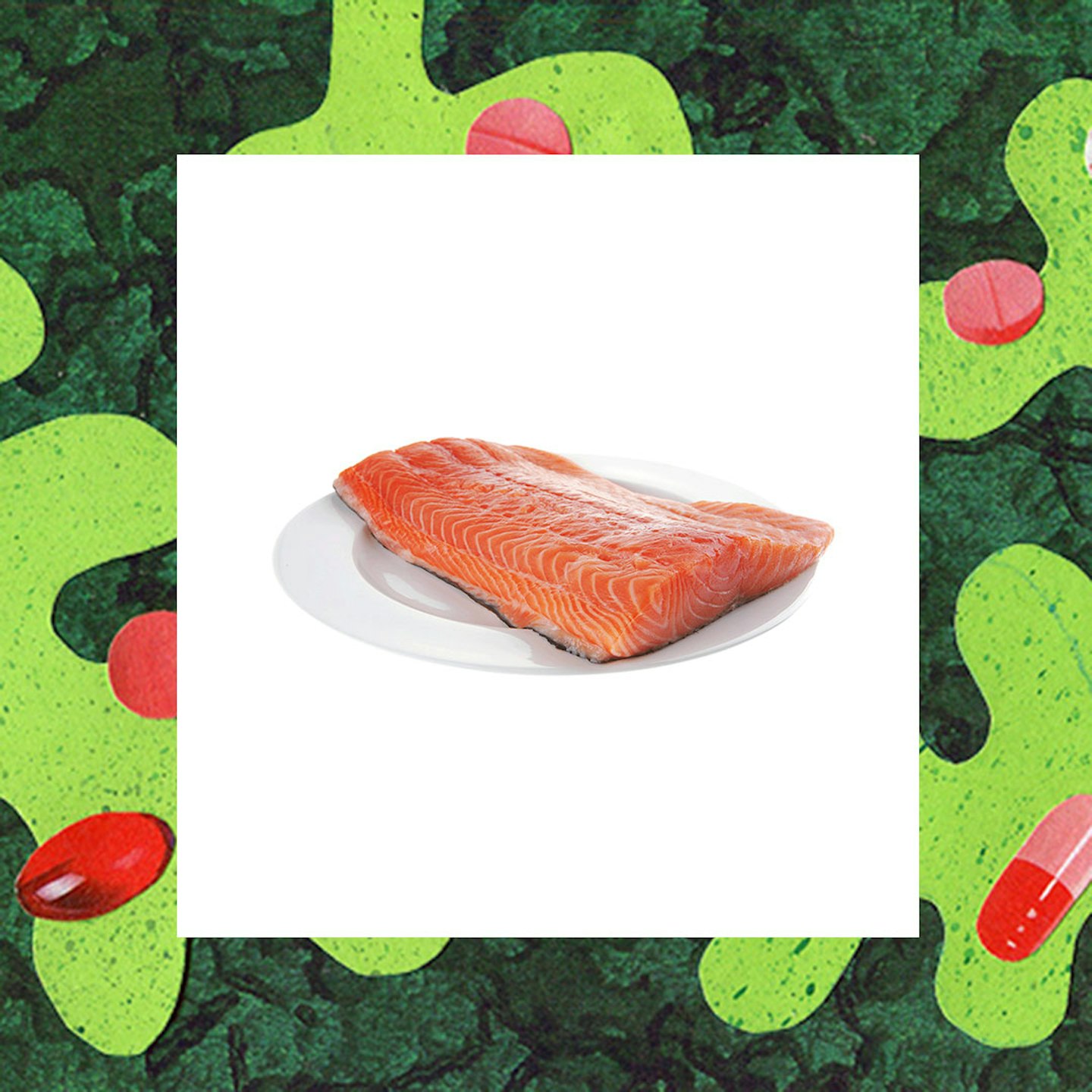 8 of 11
8 of 11B12
Vitamin B-12 and other B vitamins can play a role in producing mood-affecting brain chemicals and low levels of these may be linked to depression. If you have a poor diet and the body can not absorb enough B vits, your mood can be severely affected. Getting a blood test will determine how much of the B goodness you have in your system, and whether you need to stock up. B vitamins are found in animal products like milk, fish, meat and eggs, so if you are a vegan, you should definitely be getting your B's from dietary supplements and vitamins.
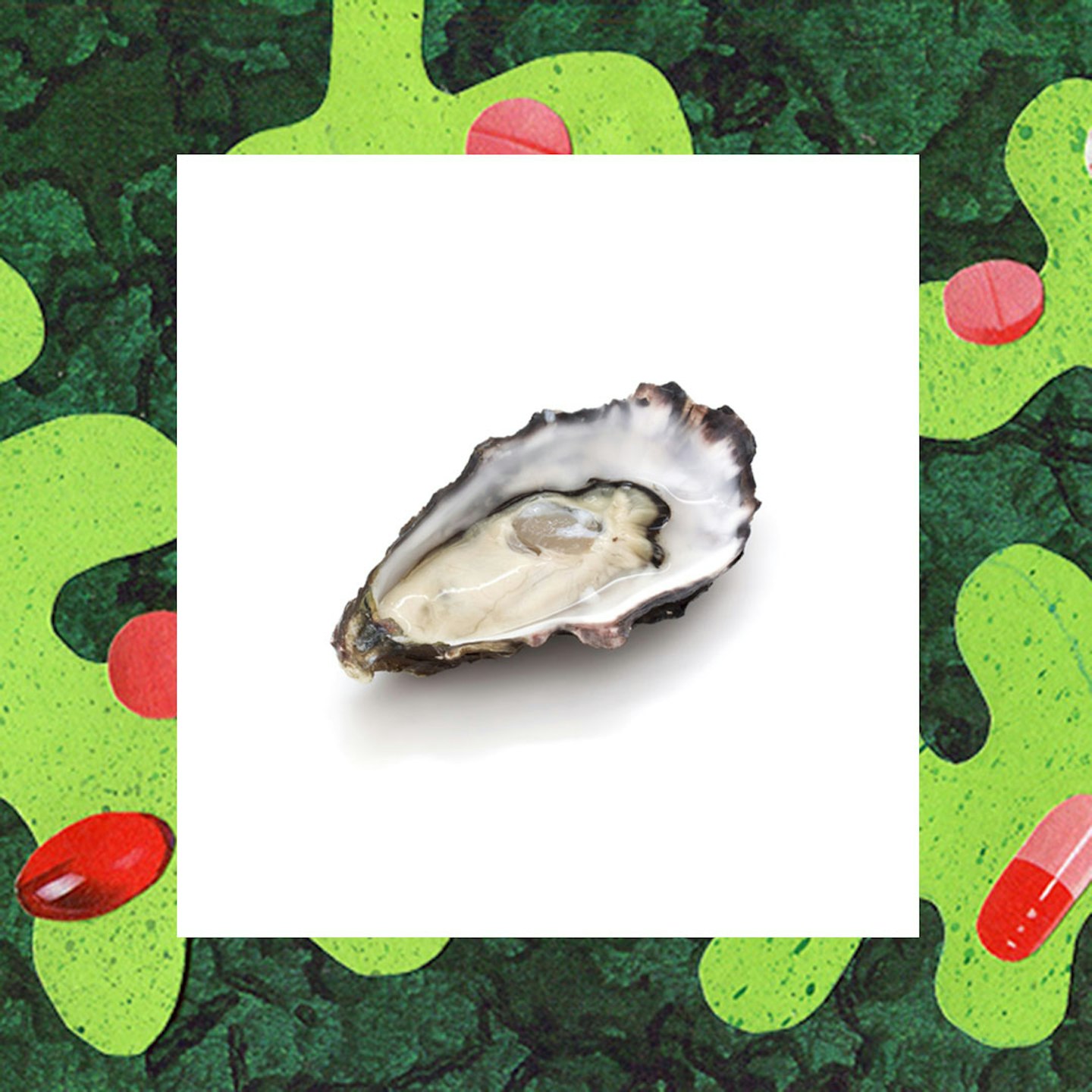 9 of 11
9 of 11Zinc
Zinc is crucial to our system as it activates our digestive enzymes breaking down food, and helps prevent food allergies, which can avert depression. It also helps our DNA to produce and repair proteins, control inflammation and boost our immune system.
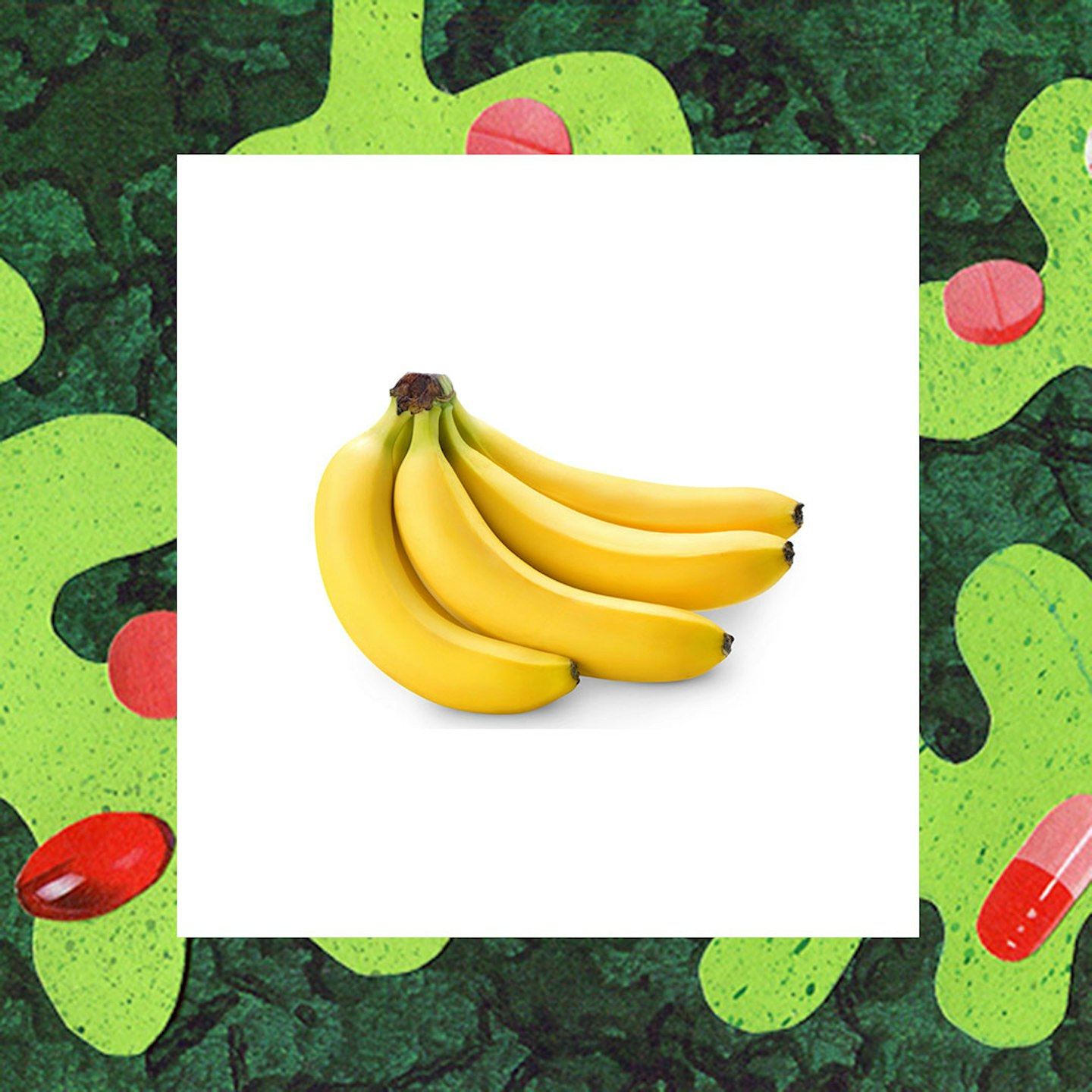 10 of 11
10 of 11Tryptophan
Tryptophan is an essential amino acid which you get through food such as bananas, tamarind, oats, sesame seeds, kiwi and watermelon. Once in the body, it converts to niacin, serotonin and melatonin. Most antidepressants work by increasing the amount of serotonin in the brain and Tryptophan helps to increase serotonin levelswithout the extreme side effects of meds.
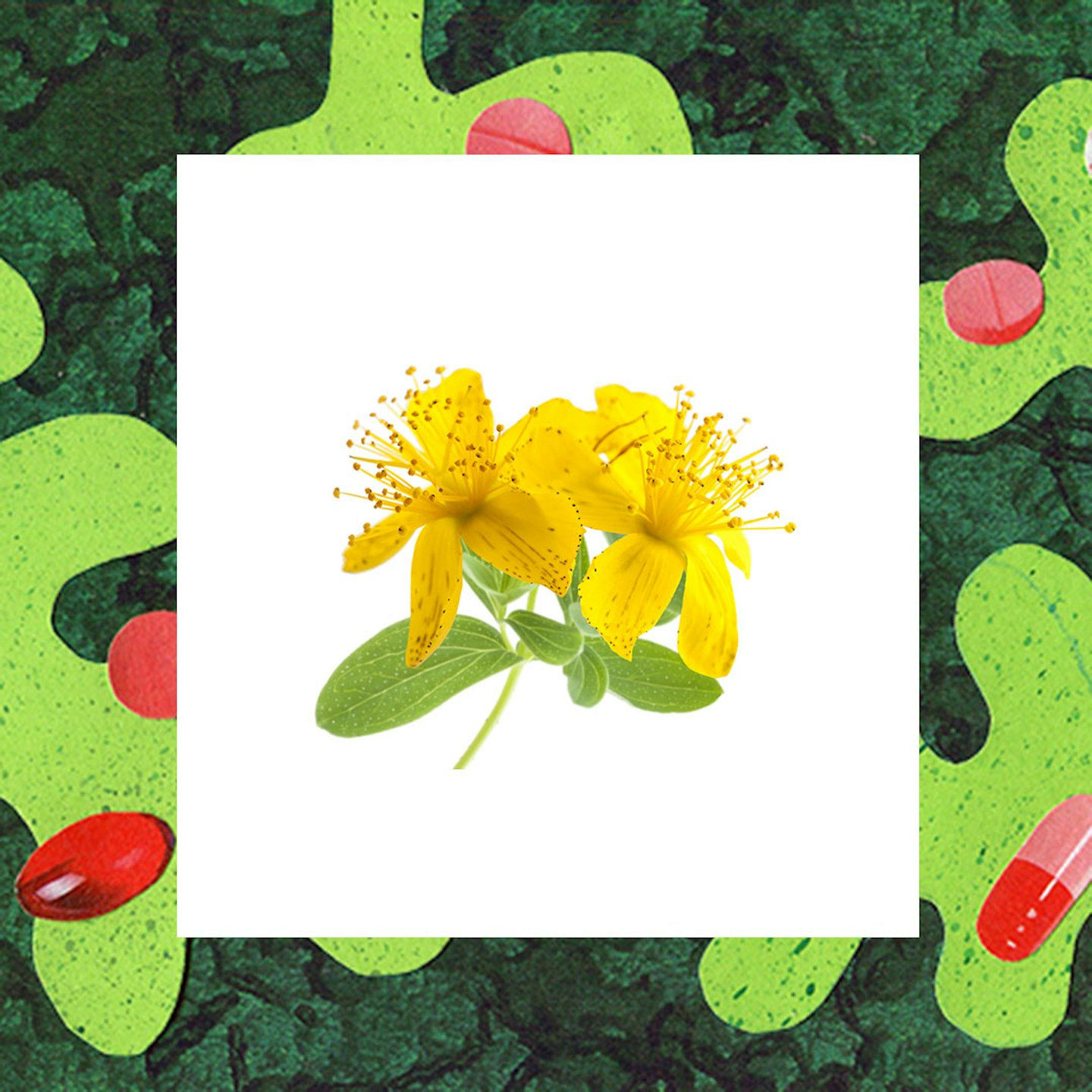 11 of 11
11 of 11St John Wort
St John's Wort has been around for yonks and is one of the most popular natural methods used for dealing with stress, anxiety and depression. It's a plant with yellow flowers. There has been some scientific evidence that St. John's wort may be helpful in treating mild depression. It's been claimed that it works just like regular antidepressants in that it inhibits the reuptake of the neurotransmitters serotonin, norepinephrine, and dopamine.
